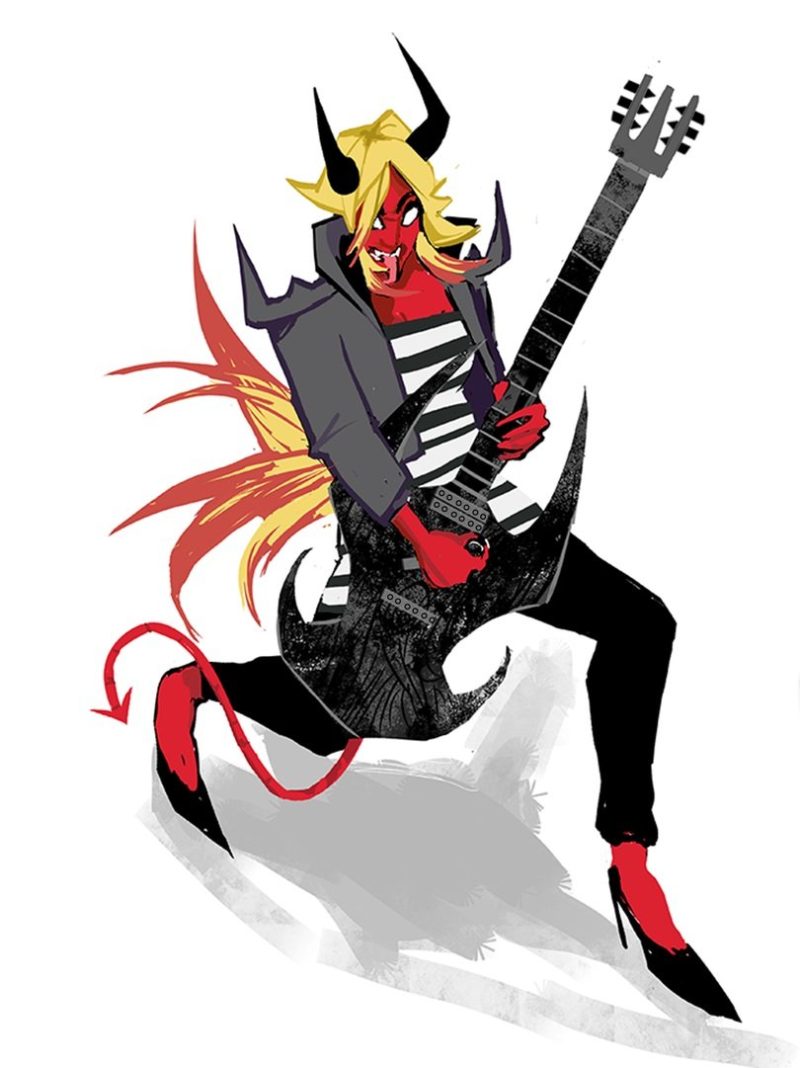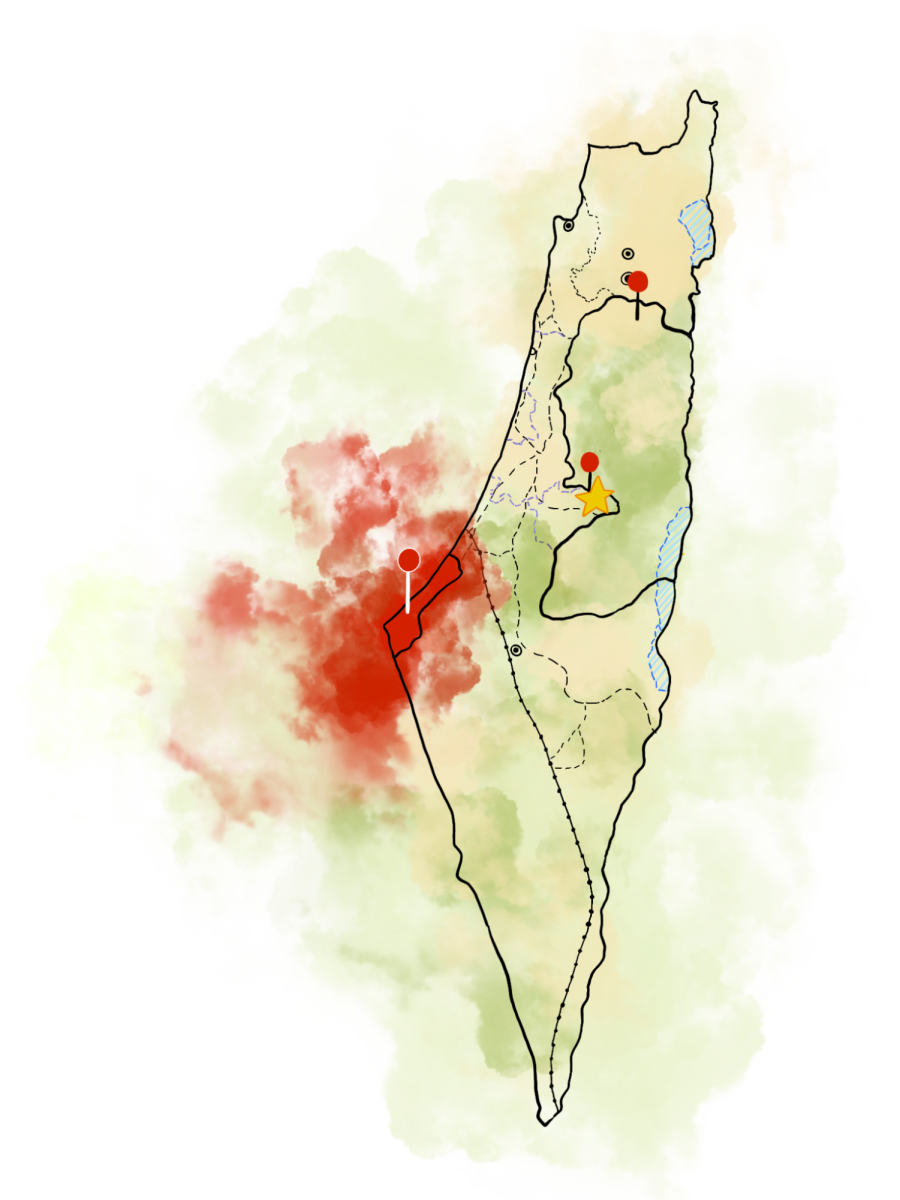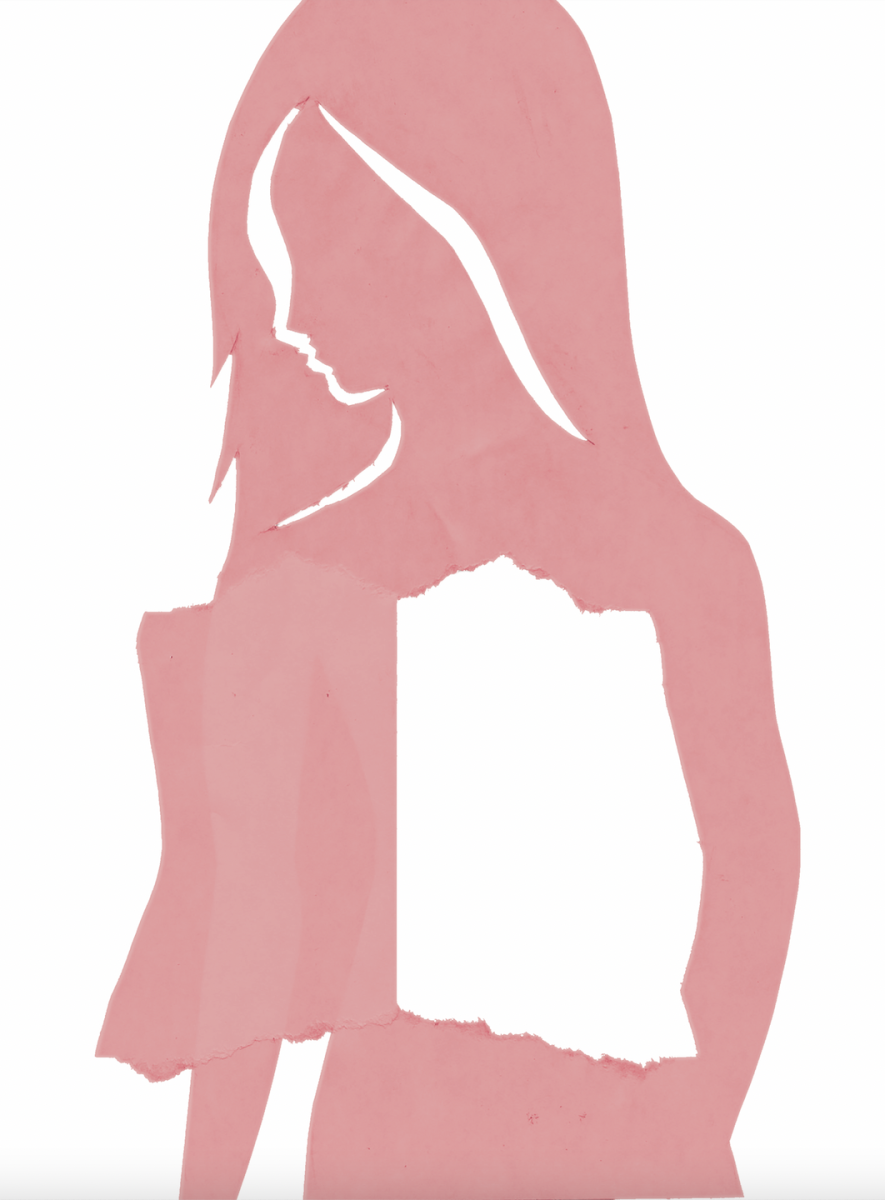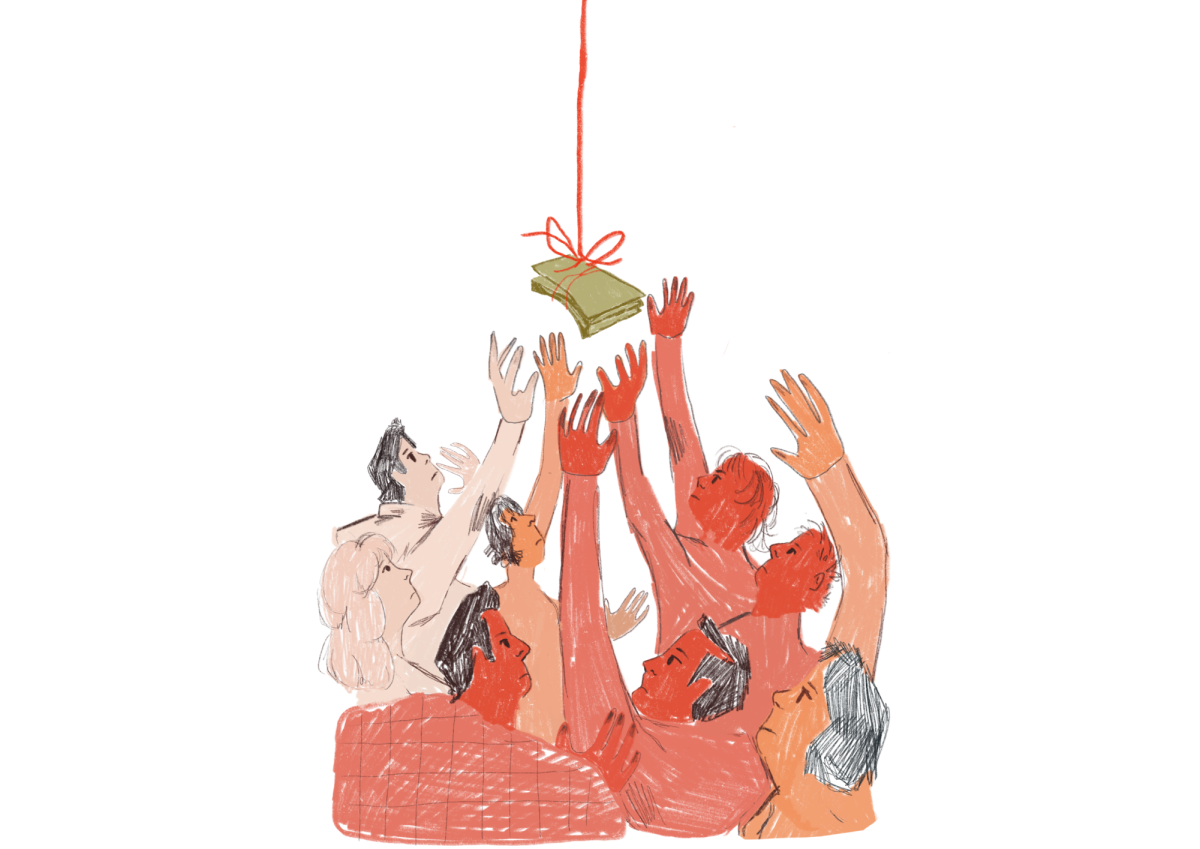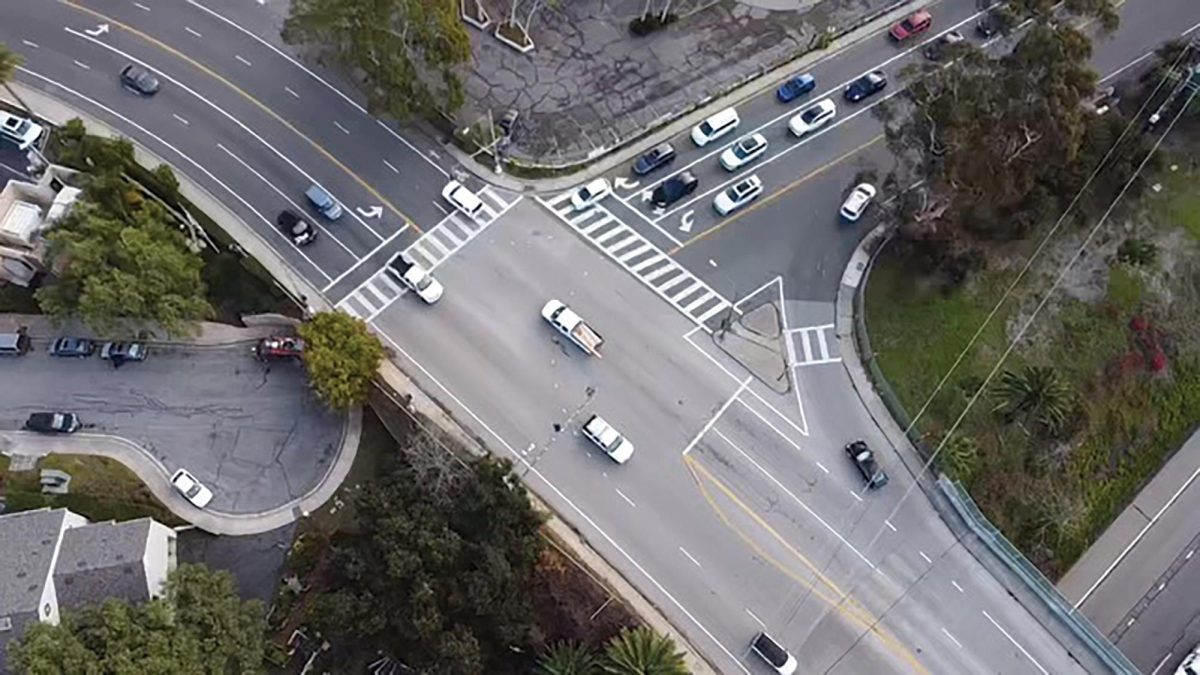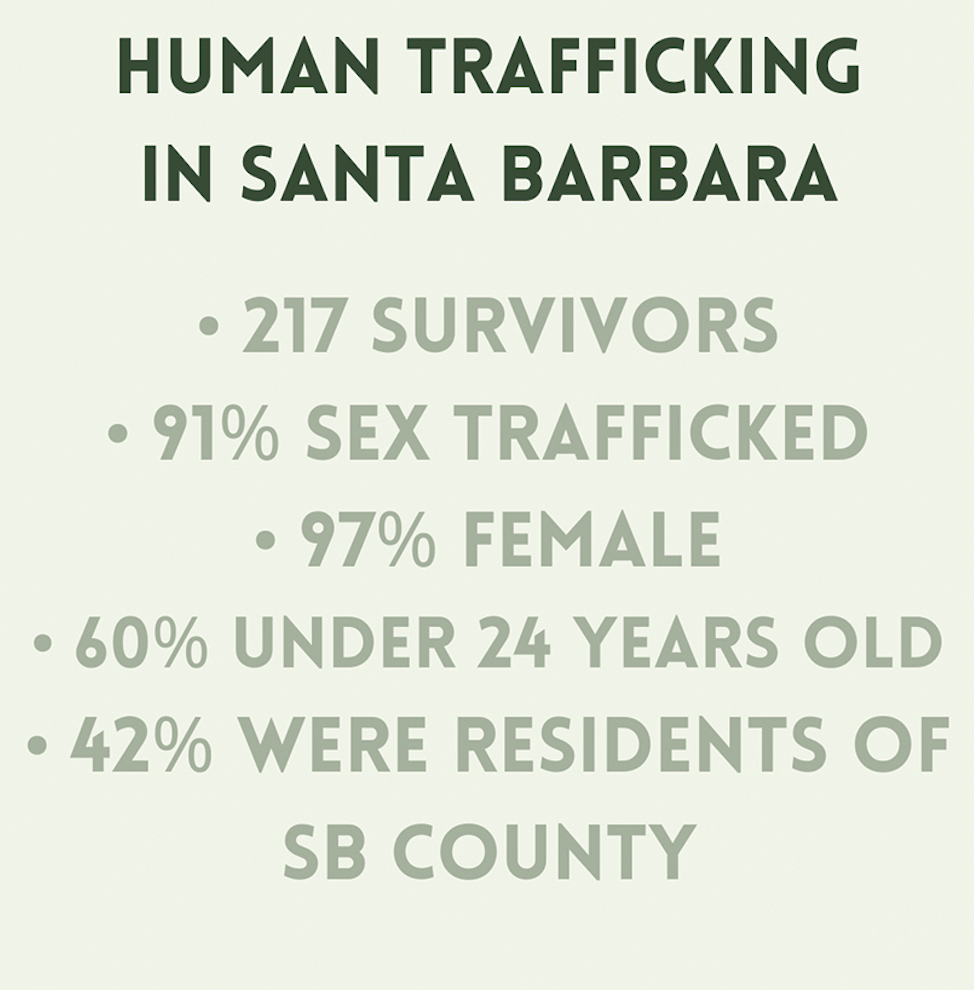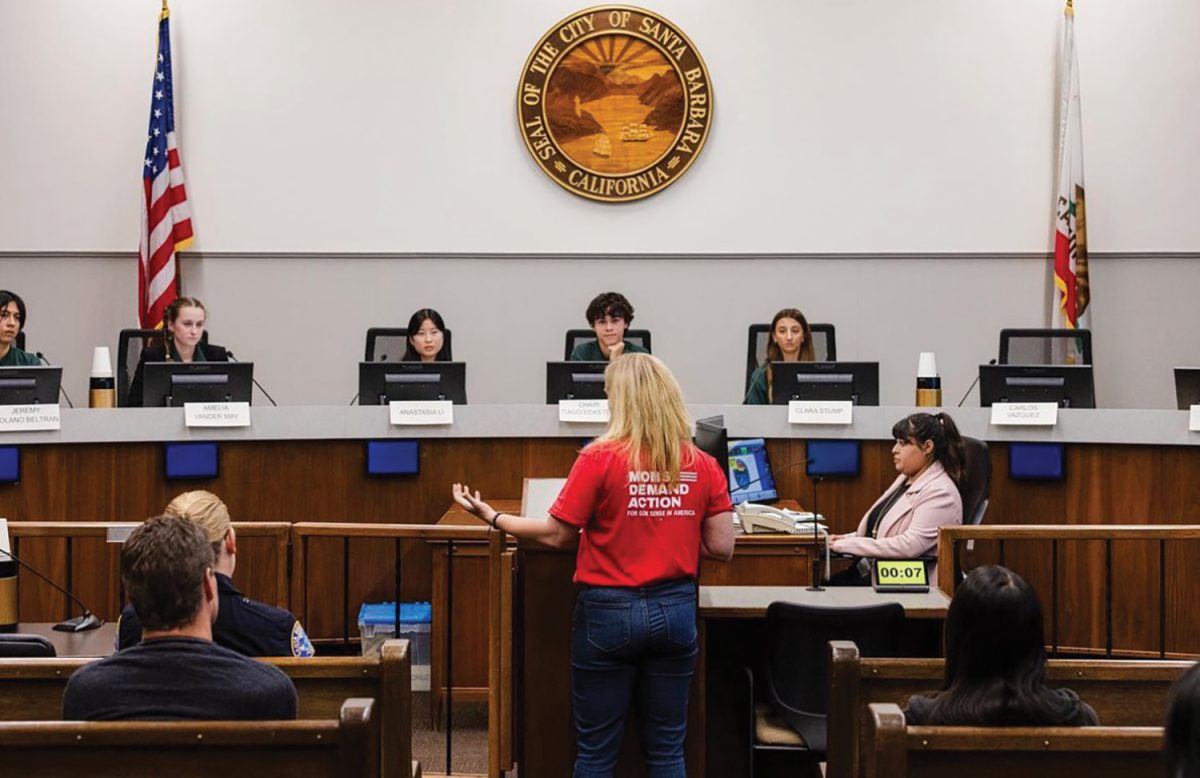Originally published in the November Issue, Nov. 15 2023.
The sound of sirens echoed through the streets of Israel on Saturday, Oct. 7, at 6:30 a.m. and became a battleground where, hours before, the streets had just been filled with the sounds of festivities. Thousands of Hamas rockets reigned down on Israel, leaving a trail of death and destruction as the world watched in horror.
While this particular attack came unexpectedly, the conflict between Israelis and Palestinians spans decades.
Prior to World War II, both the Jewish population and Muslim Palestinians were stateless peoples; neither had an established government. Both have an ancestral claim to this piece of land, where conflict has existed for millennia as the groups have fought over the territory.
Antisemitism peaked as Hitler rose to power, and after the Holocaust, the United Nations established Israel as an official country for the displaced Jewish population to settle and be protected.
“As I’ve personally experienced the harshness of antisemitism, it hurts to know that this is going on and causes pain for myself, my family, and everyone involved,” junior Katja Broomberg said.
Despite the efforts of independent groups trying to represent what could be called a Palestinian state — namely the Palestinian Liberation Organization (PLO) and Hamas — Palestine remains stateless, with no officially recognized government.
The majority of Arab nations in the Middle East initially opposed the establishment of Israel back in 1948 and continued to oppose it throughout the last century.
“Israel has historically been surrounded by countries who believe it shouldn’t exist,” said Social Science Chair Kevin Shertzer.
With so many hostile neighbors, the Israeli military strengthened, substantially funded by the United States. Today, Israel remains one of the most powerful militaries in the Middle East and is one of the world’s 9 nuclear powers.
Israel is partitioned into two parts: the region of Palestine and the official Israeli territory. The Palestinian land is divided; Hamas controls the Gaza Strip, and the PLO controls the West Bank. Israel governs the rest of the territory, including the city of Jerusalem. Hamas, or the Islamic Resistance Movement, is a Palestinian militant group that does not represent Palestine as a whole. The majority of Western countries and Israel consider Hamas a terrorist group.
Hamas began firing thousands of rockets into southern and central Israel on the morning of Oct. 7 and went into homes, killing civilians. Fourteen hundred Israelis were killed, and 200 were taken to the Gaza Strip as hostages.
This attack came as a complete surprise to Israel and the rest of the world.
“The myth of Israeli security through intelligence and the military was shattered,” said upper school grandparent Rabbi Malka Drucker. “Suddenly the divisions in the country and the weakness of its defense showed the world that Israel couldn’t defend itself.”
Benjamin Netanyahu, the Prime Minister of Israel, delivered a statement in response to the attack.
“Israel is at war. We did not want this war. Although we did not start this war, we will finish it.” Netanyahu said. “We will exact a price that will be remembered by [Hamas] and Israel’s enemies for decades to come.”
Israel has launched a series of airstrikes and has stopped all supplies of electricity, water, gas, and food in the Gaza Strip.
“Both sides are using force to solve this issue, but you can’t kill an ‘idea’ with force,” Shertzer said. “It’s this cycle of violence that never ends. Both sides are being hurt; both sides are being killed. And yet they’re caught in this cycle of revenge and hatred.”
More than 2,800 Palestinians, including civilians, have been killed by the Israeli military, according to the Palestinian Health Ministry.
Civilians are forced to evacuate from Northern Gaza — ½ of the population — to Southern Gaza in just one day, and families are being displaced as they seek shelter.
“I used to say Gaza is an open prison; now I say Gaza is an open grave,” said Wafa Elsaka, a Florida resident who is currently in Gaza, during an interview with the New York Times. “You think people are alive, they’re zombies. They are not alive, not just because they walk and talk; they’re alive, they are all traumatized. And I know how to heal myself, but I can’t heal my heart anymore after this war.”
The atrocities of the past weeks have left Israelis, Palestinians, and spectators all over the world in shock.
“Israel will never be the same. Perhaps the reckoning will lead to a change in Gaza’s leadership. Co-existence is the hope,” Drucker said.



